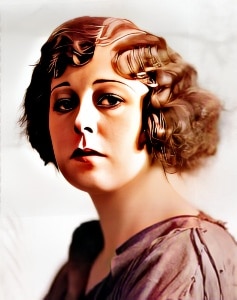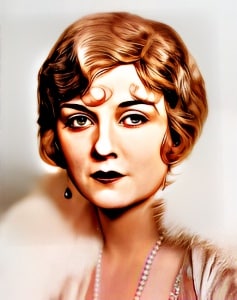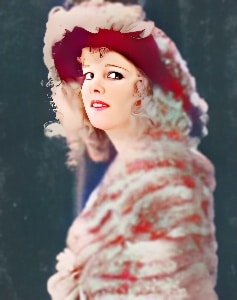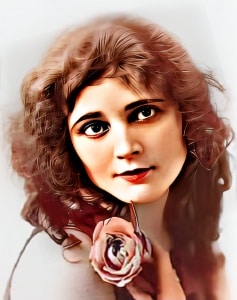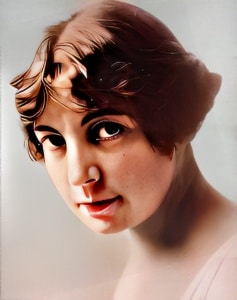 Jane Gail was an American actress who made significant contributions to the early years of American cinema.
Jane Gail was an American actress who made significant contributions to the early years of American cinema.
She was born on October 13, 1890, in Salem, New Jersey, and she had a career that spanned the silent film era and the transition to sound cinema.
Gail’s acting career began during the silent film era, where she quickly established herself as a leading lady in various productions. She appeared in a wide range of roles, showcasing her versatility as an actress. Her ability to convey emotions and engage audiences without the use of dialogue was a hallmark of her silent film performances.
One of her notable early roles was in the 1915 film “ The Birth of a Nation,” directed by D.W. Griffith. This film is considered a groundbreaking but highly controversial work in cinema history, and it played a significant role in the development of film as an art form. Gail played the role of Flora Cameron, one of the film’s central characters. “ The Birth of a Nation” was one of the first feature-length films and introduced numerous techniques and innovations to filmmaking.
Jane Gail’s dedication to her craft and her ability to adapt to different roles earned her recognition in the early film industry. She was part of a generation of actors who helped shape the evolving medium of cinema.
With the transition to sound cinema in the late 1920s, many silent film actors faced challenges in adapting to the new medium. Gail, like others, made the transition, and she continued to work in sound films.
One of her notable sound film appearances was in the 1931 film “City Lights,” directed by and starring Charlie Chaplin. In the film, Gail had a small but memorable role as a blind flower girl, and her performance contributed to the film’s success. “City Lights” is widely regarded as one of the greatest films in the history of cinema.
While Jane Gail’s career may not be as widely celebrated as some of her contemporaries, her contributions to the early years of American cinema should be recognized. Her dedication to her craft, her ability to adapt to changing technologies, and her role in notable films mark her as an important part of film history.
After a career that spanned the formative years of American cinema, Jane Gail’s contributions live on as a testament to the early days of Hollywood and the actors who played a crucial role in shaping the medium. Her work remains a part of the rich tapestry of film history and a reflection of the collaborative and pioneering spirit of the early film industry.

